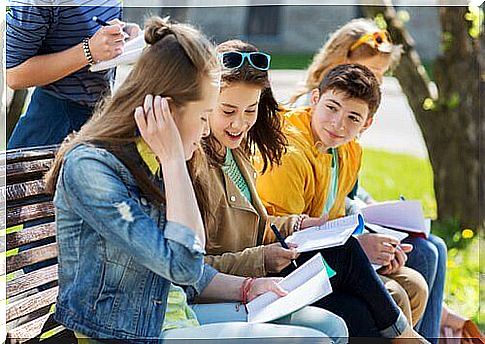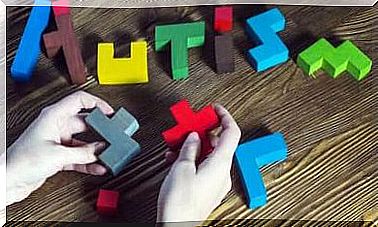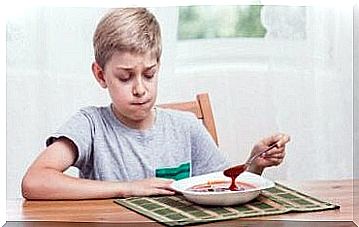What Is The Bilingual Baccalaureate? – Being Parents

In recent years, it has become customary for children and young people to choose to study foreign languages. Students who finish college and are interested in acquiring a foreign language may choose to study at schools that offer the bilingual baccalaureate.
It should be taken into account that schools which offer bilingual baccalaureate programs teach a subject or content in another language. This must be different from the mother tongue of the majority of students.
Bilingual educational programs aim to ensure that students master both languages at the end of the school term ; on the other hand, it is about facilitating the process of transition from one language to another and improving skills in a foreign language.
To date, there are more and more high schools offering bilingual education. Despite this, not all education stakeholders are in favor of this system as it exists.
Why not oppose the bilingual baccalaureate?
On the one hand, it is considered that the teaching of a language as a subject must go through a process of planning and learning.
Also, since its inception, the bilingual baccalaureate has imposed itself in such a way that it has triggered a process of student selection ; thus, at the end of secondary education, students are separated according to their language level.
On the other hand, the reduction in human and material resources in schools makes it difficult to introduce this type of education.
Finally, it was also reported that the pupil from the bilingual model acquired less skills in subjects which were taught in a foreign language.

Characteristics of the bilingual baccalaureate
Here are the characteristics of the bilingual baccalaureate:
- The pupils follow exactly the same subjects as in a non-bilingual school.
- 30% to 50% of subjects are taught in a foreign language.
- Classes are given by native teachers of the language taught.
- Multiculturality : students study the history and culture of the country whose language they are learning.
- Acquisition of a more international and global vision.
7 benefits of taking a bilingual baccalaureate
Here are now the seven main benefits of the bilingual baccalaureate:
1. Ease of learning a foreign language
Taking the bilingual baccalaureate is a fast and efficient way to learn a foreign language. This learning process takes place naturally and in parallel with the improvement of the mother tongue.
2. Improved reading and writing skills
Bilingualism has been shown to help develop superior reading and writing skills ; likewise, it facilitates the a posteriori learning of other languages similar in rhythm, intonation or grammatical structure.
3. Knowledge of oneself and the outside world
Acquiring foreign languages contributes to knowledge of cultural diversity, facilitates social adaptability and also has a positive impact on self-esteem and self-confidence. In addition, it allows you to develop an open mind beyond your culture and way of life.
4. Increase in professional opportunities
The integration of a foreign language in the learning process will facilitate the acquisition of a high level of competence in this language. In this sense, we can say that it promotes access to knowledge and the possibility of better work options in the future.
5. Improved mental health
Knowledge of a foreign language brings long term benefits to a person’s mental health.
According to Ellen Bialystok, professor at York University (Canada), speaking two languages can delay the diagnosis of insanity problems by five years. If you have mastered three languages, this average varies over 4 and 6 years.

6. Resolution ability
The brain of a bilingual person develops new capacities to process and manage the accumulated information ; in this way, one increases the ability to solve problems with greater ease.
7. Better concentration
Finally, bilingual students achieve a higher level of concentration ; this is because they have to work with more information, keep the languages separate and access each of them when needed.
Ultimately, the bilingual baccalaureate is a more than interesting option for young people who wish to learn a foreign language. If you find that your child is fluent in languages, do not hesitate to encourage him to study at a school which offers bilingualism in its educational programs.









